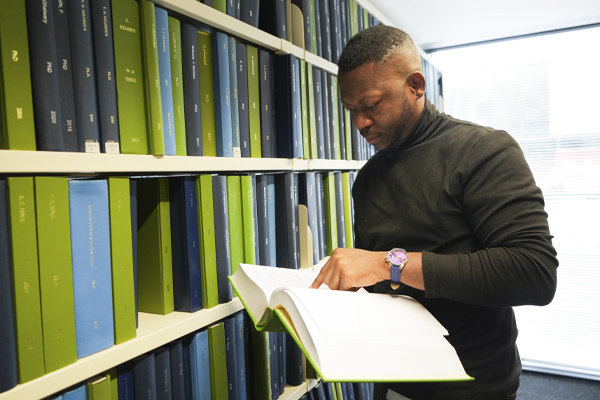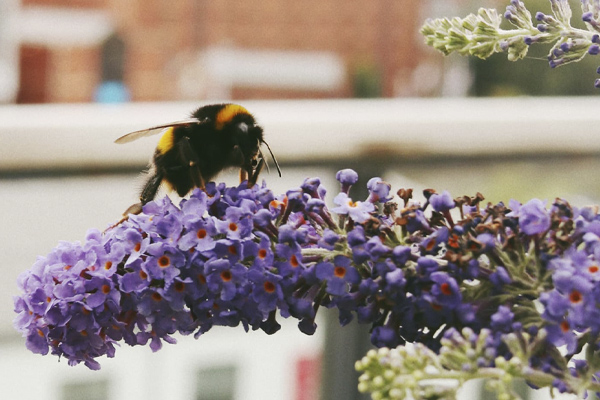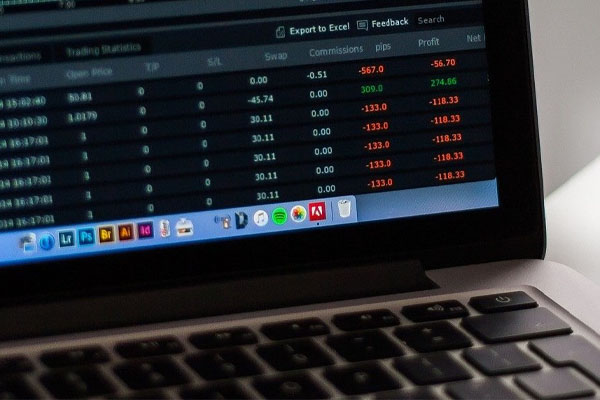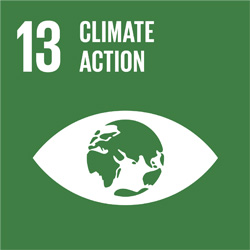Our Postgraduate Researchers
Meet PhD student Daniel Akrofi, who is currently pursuing doctoral research in international law and global governance at Lincoln, exploring a number of sustainability issues across the full lifecycle of plastics to analyse the law around global plastic pollution.





.jpg)
